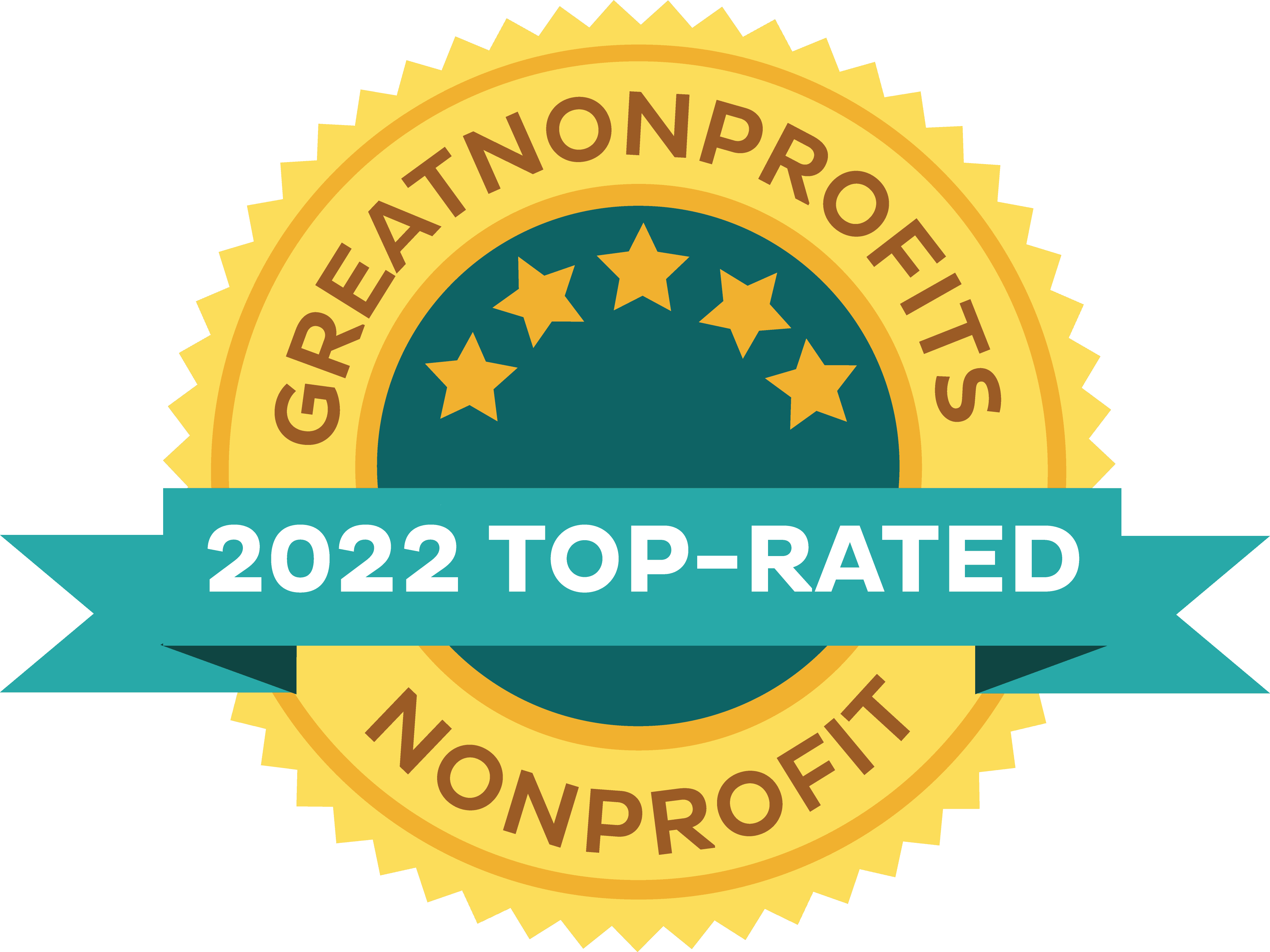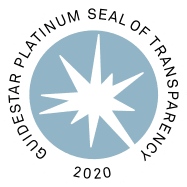Libertarians have an acute sense of when a state is becoming a paternalistic figure rather than simply a keeper of the peace. What may seem like the day-to-day begrudging acceptance of politics may actually be a malicious expansion of state power to the detriment of the rest of us.
Growing up on the island of Puerto Rico, I was raised in a fiercely Cuban household with a strong disdain towards communism. Previously, I had thought the world of politics and economics was simply black and white, with minimal sets of significant differences.
As I grew in my understanding, I realized that the political stage is a long scale with varying degrees between one extreme to the other, and that we have to constantly be on the lookout for the scales slowly tipping.
Puerto Rico is a gambling hall for the power hungry
Puerto Rico’s political status is an intriguing experiment called “el Estado Libre Asociado,” which is translated as the “Free Associated State,” but is commonly known in English as the Commonwealth of Puerto Rico. It is designated as having limited autonomy while more than half of the jurisdiction belongs to the United States Congress. To put it more simply, Puerto Rico controls its local affairs while subject to delegated intervention from the U.S. federal government.
The history of this political experiment began in the 1950s with Luis Muñoz Marín, who founded and theorized the idea of the Commonwealth, along with his party “El Partido Popular Democrático.” Marín, an ex-socialist, nonetheless believed unequivocally in social justice.
The central concept in promoting the Commonwealth was “to bring equality and justice to Puerto Rico.” But what is this equality? It primarily involves Puerto Ricans having access to the same mainland U.S. benefits such Medicare, social security, and other government handouts.
It is a progressive inclination to turn national politics into a personality competition around who will be the more popular and indulging parent. The island’s political status has been (and still is) used as an instrument to promote the idea of the need for a caregiver.
Socio-economic history set the foundations for this continuous pageant of benevolent providers. In the 1940s, several decades after U.S. annexation, Puerto Rico still faced staggering rates of poverty and unemployment.
Narratives around equality and justice have been used for politicians to resonate with the marginalized communities of the island. However, the enlargement of the paternalistic state that stemmed from these narratives has done nothing but create a heavily subsidized population and further limit Puerto Ricans in their pursuit of prosperity.
Paternalism has been detrimental to Puerto Rico
In 1960, a prominent advocate of Puerto Rican statehood, Luis A. Ferré, opposed Marin’s Commonwealth by arguing that statehood would be for the benefit of the poor, not the wealthy or the middle class.
The essence of the advocacy of social justice makes me shudder, since Fidel Castro doomed Cuba to more than six decades of authoritarian dictatorship and economic struggles under the promise of social equality.
Yet, Puerto Rico has become what could be called a welfare state. By my understanding, it is a government not bound by liberal democratic principles but, in the fashion of many Latin American governments, as a government that wants to be everything to everyone. In this sense, its purported mission to “serve” the collective has instead crippled Puerto Rico’s economy and politics.
Today, Puerto Rico has $74 billion worth of public debt, which the island’s bloated public sector continues to contribute to. During the COVID-19 pandemic, the difference between the two sectors was plain to see. Thousands of government employees were instructed to stay at home, the majority of which did not work a single hour. Nonetheless, they continued to receive their paychecks. Conversely, in 2020, 37 percent of the total private sector workforce made new unemployment claims.
Moreover, high taxes and regulations forced businesses in the private sector into closing or moving to the United States mainland. After the Puerto Rican government’s ineffective response in the aftermath of Hurricane Maria, it is estimated that as many as 238,000 Puerto Ricans left for the U.S mainland, many of whom would not return.
Government overreach can be a slow and inconspicuous process
Tyranny does not always mean the “grandeur” of a well-drilled military force strangling and inhibiting our freedoms. Indeed, sometimes it is represented by a big smile and claims to operate along the lines of “altruism” and “good instinct.”
Yet the latter can be no less tyrannical in its outcome when the paternalistic government works in a toxic manner to obstruct enterprise and prosperity. Furthermore, it has normalized the idea of citizens looking to the state to provide for them as a child would look to a parent.
It reminds me of the famous Bastiat quote where he mentioned that “government is the great fiction, through which everybody endeavors to live at the expense of everybody else.” Politicians can present themselves as heroes while they doom citizens to despair.
To read more about the pitfalls of socialist economics, be sure to check out our cluster page by clicking on the button below.
This piece solely expresses the opinion of the author and not necessarily the organization as a whole. Students For Liberty is committed to facilitating a broad dialogue for liberty, representing a variety of opinions.

















